India firm used toxic industrial-grade material in syrup: Sources
The Indian manufacturer of cough syrups that Uzbekistan said last year had poisoned 19 children used a toxic industrial-grade ingredient rather than the legitimate pharmaceutical version, two sources with knowledge of the matter told Reuters.
The company, Marion Biotech, bought the ingredient — propylene glycol (PG) — from trader Maya Chemtech India, as reported by Reuters. But Maya did not have a license to sell pharmaceutical-grade materials and "dealt in industrial-grade only," according to a source at the firm with knowledge of the Marion investigation.
"We did not know Marion was going to use it to make cough syrups," said the person, who declined to be identified while the case is investigated. "We are not told where our material is used."
The two sources said the syrup was made with industrial-grade PG, a toxic material widely used in liquid detergents, antifreeze, paints, or coatings, and to enhance the effectiveness of pesticides.
"Marion bought commercial-grade propylene glycol," said a second source, an investigator, who declined to be named while the inquiry is ongoing.
"They were supposed to take Indian Pharmacopoeia-grade," the source added, referring to national standards for the composition of pharmaceutical products.
Marion also did not test the ingredient before using it in the syrups it sold to Uzbekistan, the investigator said.
India's drugs and cosmetics rules say manufacturers are responsible to ensure the safety of the ingredients they use.
Maya is not facing charges, according to the company source, but the investigation is ongoing. Deepak Sharma, an Assistant Drugs Controller for the national capital territory of Delhi, where Maya is based, declined to comment, saying the case was being investigated by federal drugs authorities.
Marion, which says it deals in pharmaceuticals, herbal and cosmetics products, has previously denied any wrongdoing. Neither the company nor India's drug regulator or health ministry responded to requests for comment.
An analysis last year by Uzbekistan's health ministry showed the Marion-made cough syrups, Ambronol and DOK-1 Max, contained unacceptable amounts of toxins diethylene glycol (DEG) and ethylene glycol (EG), used in products that are not for human consumption.
Uzbekistan in January arrested four people in relation to the 19 deaths, including two executives at a company that imported the Marion drugs. Reuters could not establish the status of the case.
Uzbekistan's health ministry did not respond to a question on possible penalties there.
"Spurious and Adulterated"
DEG and EG have been used by unscrupulous actors as a substitute for propylene glycol because they are cheaper, according to pharmaceutical manufacturing experts.
The World Health Organization told Reuters earlier this month its working theory is that in 2021, when prices of propylene glycol spiked, one or more suppliers mixed the cheaper toxic liquids with the legitimate chemical.
Asked to comment on the ingredients used by Marion, a WHO spokesperson said, "it is important that product manufacturers only use appropriately qualified suppliers."
Tests in January by an Indian government laboratory found 22 samples of Marion-made syrups were "adulterated and spurious," the country's drug controller said in March.
Authorities in the state of Uttar Pradesh, where Marion is based, cancelled Marion's licence in March. Police arrested three of its employees and issued warrants for the arrest of two directors. The three employees have since been released on bail, said Uttar Pradesh police officer Vijay Kumar.
One of them, operations head Tuhin Bhattacharya, said he had stopped working for Marion, which Reuters could not verify. Reuters could not contact the other two, chemists Mool Singh and Atul Rawat, or their lawyers.
A lawyer for the two Marion directors told the state's Allahabad High Court in April that the drugs had been found "not of standard quality" but not adulterated, adding that the directors had not committed any offense in India as the drugs were meant exclusively for export, according to a court order seen by Reuters.
The court barred police from arresting the directors, Jaya Jain and Sachin Jain, unless they had been convicted. Their lawyer, Rohan Gupta, did not respond; Reuters could not reach the directors.
India's drug regulator ordered the country's drugmakers not to buy PG from Maya in March, Reuters has reported.
Standards
Besides the deaths in Uzbekistan, at least 70 children died in Gambia last year after taking cough syrups made by another company in India that were found to be contaminated with the toxins, and tainted cough syrups made in Indonesia were linked to the deaths of more than 200 children there.
The deaths prompted an international inquiry into the pharmaceutical supply chain.
International standards allow only trace amounts of EG and DEG in pharmaceutical-grade propylene glycol. Limits for the industrial or commercial grade version are not as stringent, because they are not supposed to be ingested by humans.
The toxins were found in cough syrups exported to Gambia by the other Indian company, Maiden Pharmaceuticals. The WHO linked these syrups to the children's deaths; Maiden has denied any wrongdoing.
Gambia told India's drug regulator in June that from July 1 it would make it mandatory for all pharmaceutical products from India to be inspected and tested in India, at the cost of the Indian exporter, prior to shipment -- the first known restrictions on national exports following the deaths linked to Indian-made syrups.
India made it mandatory for companies to have their cough syrups tested before export from June.
(Source: Reuters)
Yemeni forces target US warplane: Report
Iraq denies it is resuming oil exports from Kurdistan under US pressure
Qalibaf: Resistance achieved ‘strategic, tactical’ victory against Israel
‘Petroleum demand will rise despite global push for renewables’
Israel delays release of Palestinian prisoners after Hamas handed over captives
VIDEO | Press TV's News Headlines
VIDEO | Iran kicks off military drills, showcases advanced defense capabilities
Jaish al-Adl terror group claims responsibility for bomb attack in SE Iran


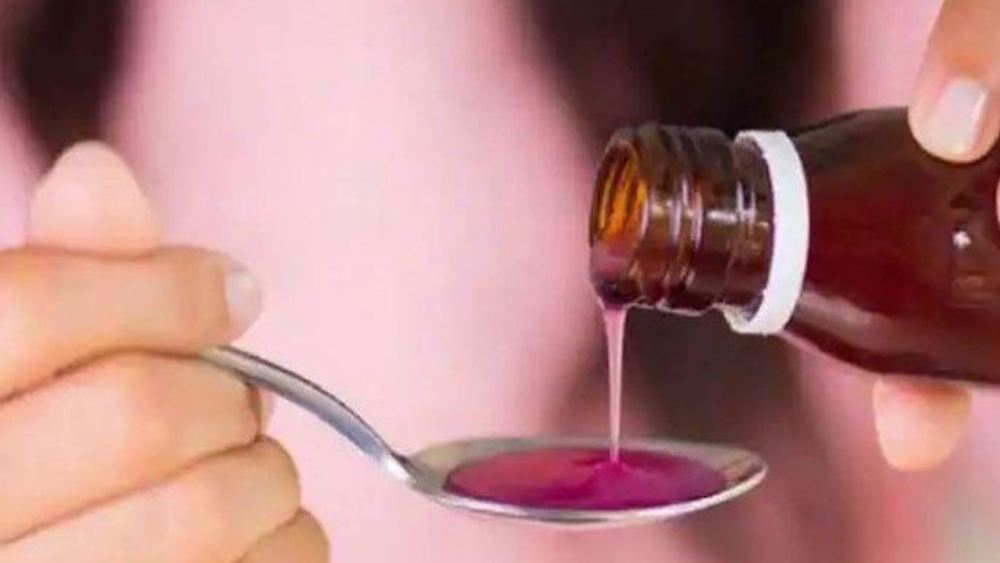
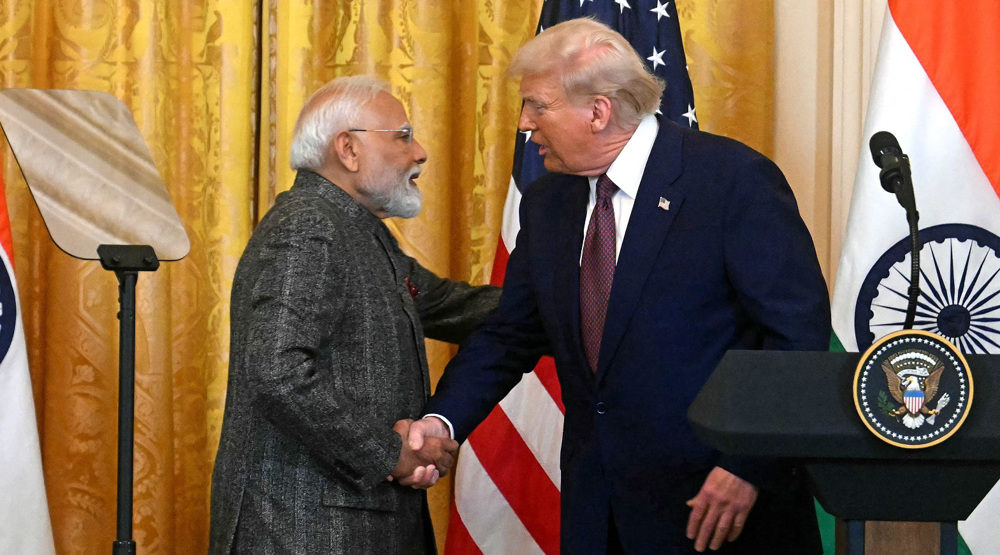
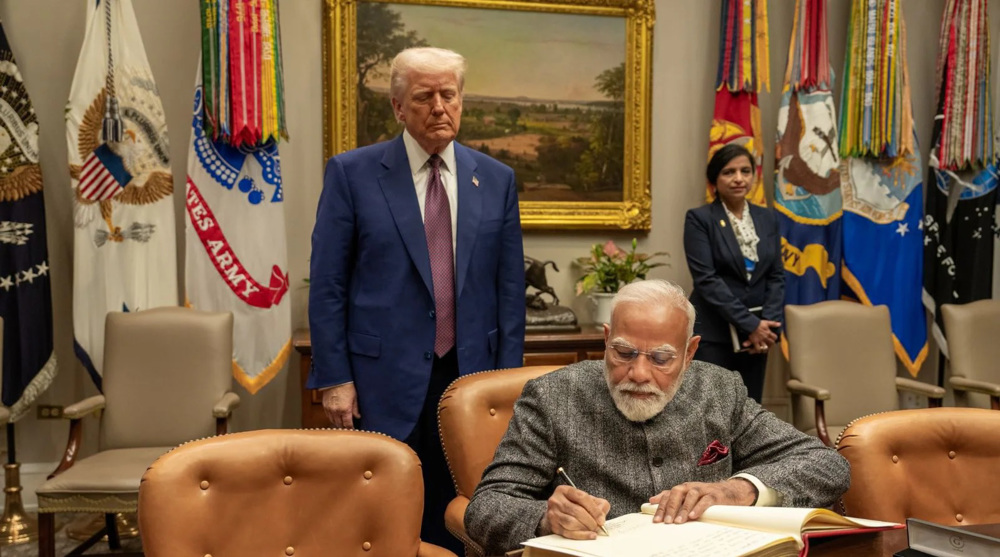
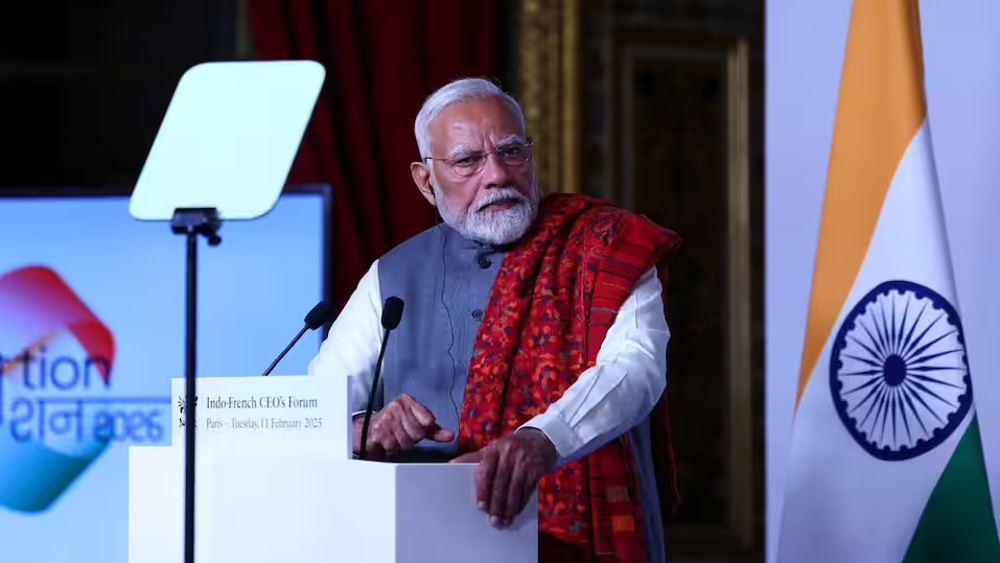



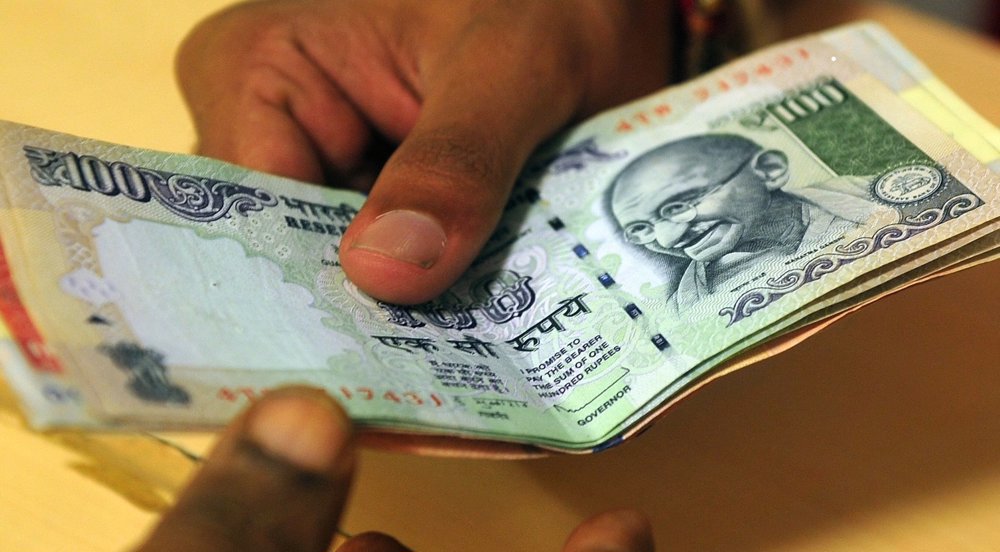

 This makes it easy to access the Press TV website
This makes it easy to access the Press TV website